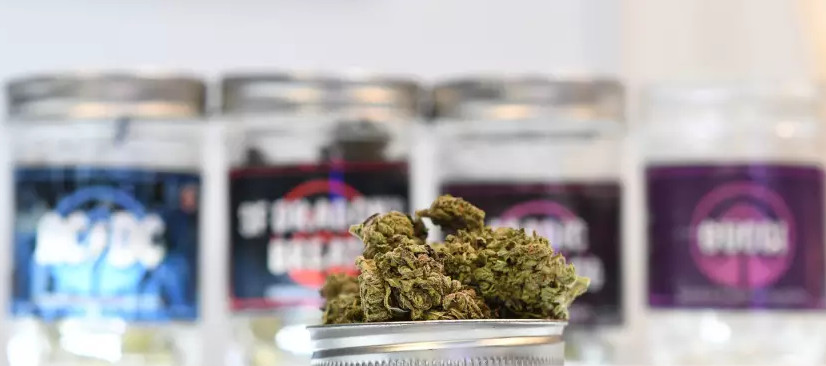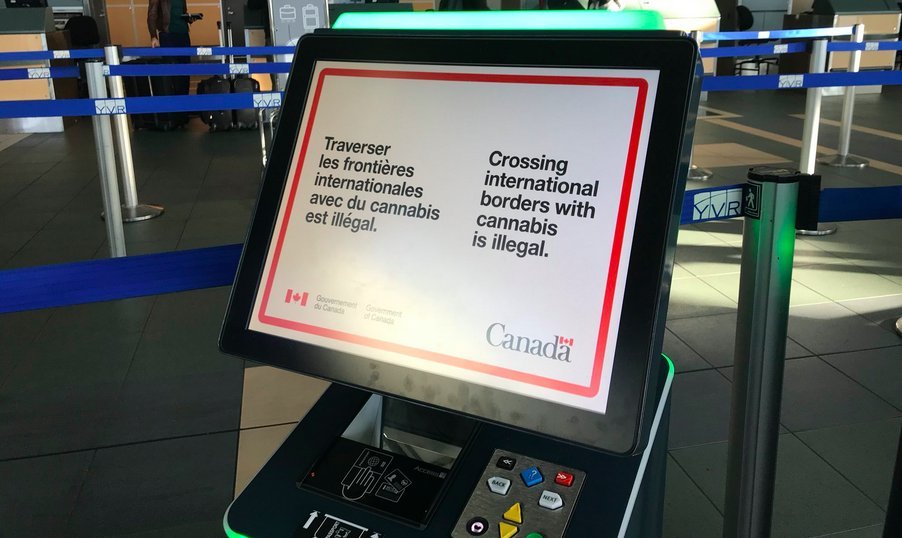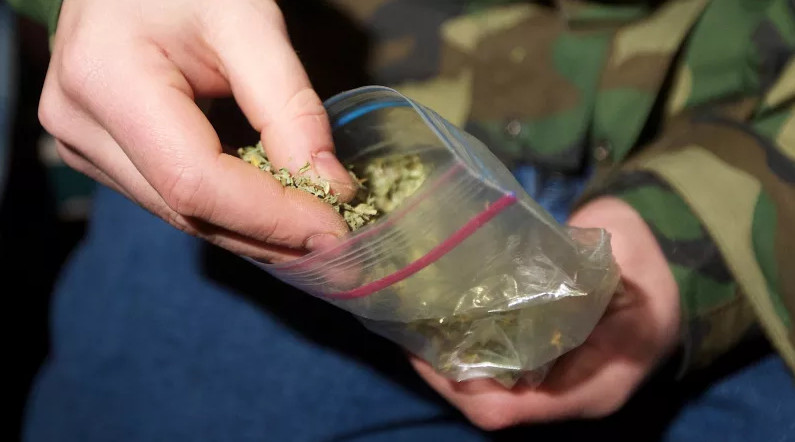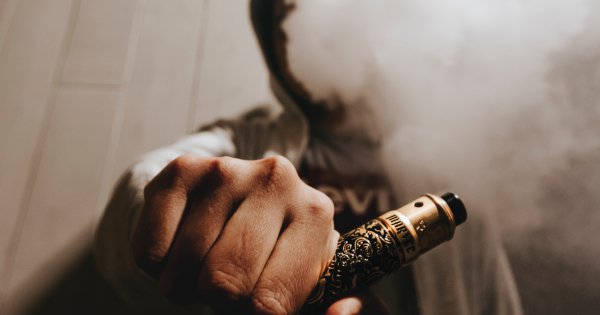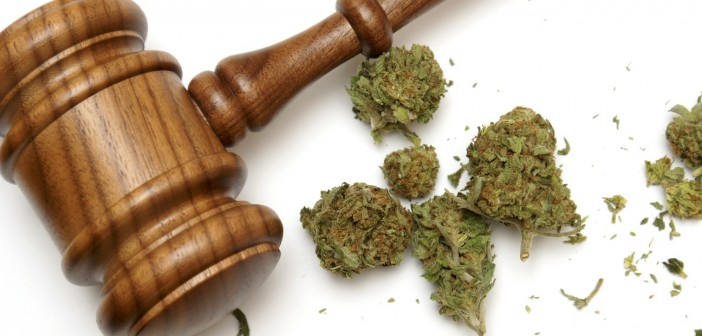Enter “boastful black prince of Republican sleaze” into Google, and all the top results will be for Roger Stone. He’s had a hand in sordid incidents from Watergate through the Trump administration’s Russia morass. But last week the 65-year-old political consultant was in Los Angeles to promote one of his longtime pet causes: marijuana legalization.
But controversy has a way of following Stone around. Just days before he was booked to deliver the keynote speech at the Cannabis World Congress & Business Expo, the conference dropped him–due in no small part to a boycott by the Minority Cannabis Business Association (MCBA), which cited his history of “racist, misogynistic, and anti-Semitic rhetoric.”
Stone issued a rare apology, but when the conference didn’t take him back he came to L.A. and spoke anyway. “I’m prepared to work with anybody who wants to legalize cannabis,” he said this past Friday, to an audience of a few dozen curiosity seekers and conspiracy theorists, at a pot-friendly lounge downtown, while green rushers swarmed the convention center. Calling the war on drugs an “expensive racist failure” and a “bipartisan policy disaster,” he spoke as a representative of a group called the United States Cannabis Coalition. An organization, he said, that will soon launch a television ad campaign in favor of legalization. Stone’s message for the president: “If you want to make America great again, legalize cannabis.”
“You may not like me, you may not like my politics,” Stone said, “but you can’t [legalize] without Republicans.”
Until the recent boycott, the cannabis industry has kept its distance from partisan politics. While 30 states have legalized medical or recreational marijuana, it remains federally illegal. In theory, this means the president could crush it on a whim.
Stone says he has spoken with Trump about marijuana–he wouldn’t say when–but the activists who protested his appearance remain wary. To MCBA he represents a future industry “where access is limited and controlled by the political and financial elite.”
“There may be some way to work together,” said Bonita “Bo” Money, an L.A. cannabis entrepreneur who started the networking group called Women Abuv Ground, for women of color in cannabis. But she sees little reason to trust Stone, whose old boss Richard Nixon started the war on drugs, and whose current ally Trump has a history of inflammatory positions on race.
Stone tells Fast Company he supports programs to promote cannabis entrepreneurship among people of color. As a self-proclaimed Barry Goldwater conservative, it’s not the emphasis of his call for legalization, which is more about the freedom to do what you want to do. Wearing a baggy double-breasted suit and thick striped suspenders, Stone says, “I am not new to this struggle in any way.”
But MCBA wants to promote leaders who embody what it calls “a better industry . . . recognizing and reconciling the harms done by the war on drugs.” Stone, it says, lobbied for a medical marijuana initiative in his home state of Florida, which the group considers among the least friendly to minorities. (Stone says he voted for, but did not lobby for, the measure.)
The night before his talk, Money’s group hosted a #DisownStoneparty.
While the war on drugs has disproportionately affected minority communities, the cannabis executives now profiting from legalization are overwhelmingly white. With each state developing its own rules for how the industry works, groups like the MCBA seek to promote policies that will lead to a meaningfully diverse industry.
The industry’s instinct to keep a low profile was clearest after Trump nominated pot-hating Alabama senator Jeff Sessions for U.S. Attorney General. While many Republicans have softened their views on pot, Sessions remains a strong supporter of aggressive policing and tough sentences for offenders. Unsurprisingly, Sessions is despised in the industry, but its largest lobbying group, the National Cannabis Industry Association, chose not to criticize Trump’s pick.
The $7 billion industry was guessing that it was already too big and too popular to be curtailed. So far, the bet has paid off. Sessions, who said last year that “good people don’t smoke marijuana,” continues to talk about his dislike for the drug, but has been restrained in his efforts to contain the fast-growing industry.
He has not, for example, pursued racketeering suits against cannabis businesses. Sessions has also faced tough criticism from Democrats and Republicans for his thus far unsuccessful attempts to end a statute, known as the Rohrabacher-Blumenauer amendment, that blocks the Justice Department from interfering with state-legal medical marijuana businesses.
Last week, the statute, which has already been in effect for three years, was extended until December. “Trump supports states rights on cannabis,” Stone says, and now the president has a “window to tell Sessions to cut the shit.”
For his part, Trump has been relatively consistent in his support for medical marijuana. And increasingly Sessions’s prohibitionist stance makes him an outlier among Republicans. An April CBS poll found 63% of Republicans want Sessions to leave the state marijuana experiments alone.
Whether or not Trump listens to Stone, on marijuana issues the longtime trickster represents the position of Republican voters–if not, necessarily, their politicians.
credit:fastcompany.com


